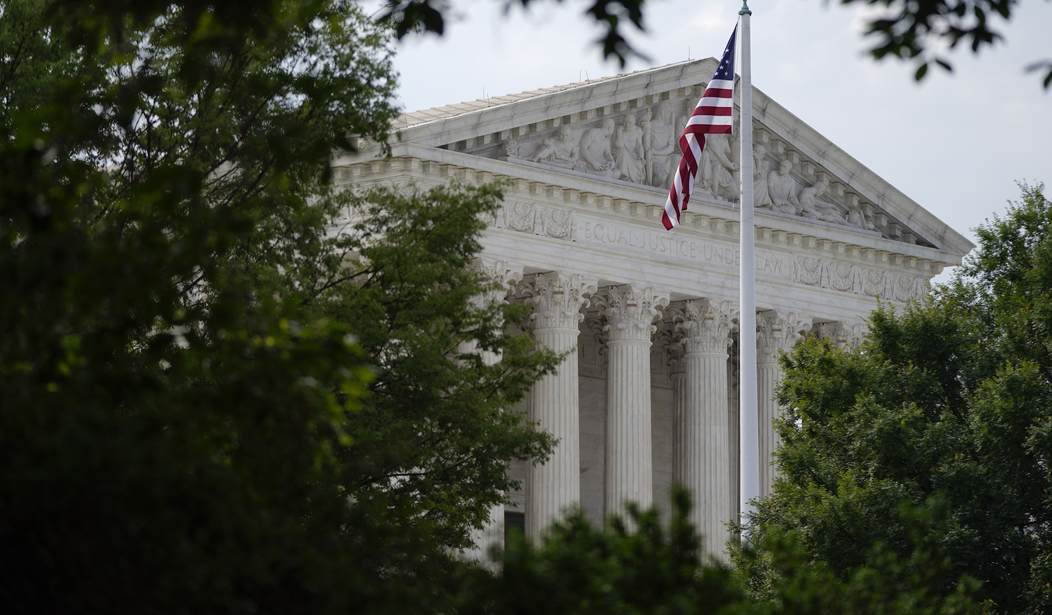"The World Turned Upside Down." That's the song, or so longstanding legend would have it, that the British army band played after surrendering to American and French forces at Yorktown 242 years ago. You can understand, even while not sympathizing, with the choice of ditty.
American partisan warfare does not produce the conclusive, decisive battle that Yorktown turned out to be -- there's always another election coming along in a few months -- but it can produce unexpected turnovers.
The South, the most Democratic part of the nation in the years just after World War II, has become the most Republican in this century. The Democratic Party, more eager for foreign military intervention from 1917, when Woodrow Wilson got Congress to declare war against Germany, became the more dovish party a half-century later as voters soured on Lyndon Johnson's Vietnam War, and now, half a century further on, Republicans seem more skeptical of military involvement.
Another change is in the train. Those who have been following political polling for half a century have long noticed the Democrats' advantage as the party that "cares about people like me." That edge probably goes further back to 1935, when George Gallup conducted his first random sampling poll.
That was in the midst of the New Deal when Franklin Delano Roosevelt's Democrats were sponsoring high taxes on the rich to pay for programs to help the jobless and enacting Social Security and minimum wages. Some Republicans did vote for these programs, but others opposed them as overly expensive or morally corrosive.
The political conventional wisdom that developed was that Democrats' greater support of economic redistribution gave them, regardless of other issues, an inevitable advantage over Republicans on "cares about people like me."
Recommended
Now, nearly 90 years after that conventional wisdom was established, it no longer seems to prevail. In the frequent polling conducted by Morning Consult, Republicans trail Democrats on "cares about people like me" by a statistically insignificant 41% to 39%.
Since 2016, Democrats' advantages on "cares about poor Americans" have shrunk from 20% to 11% and on "cares about middle-class Americans" from 14% to 4%.
When Hillary Clinton was nominated for president at the 2016 Democratic National Convention, her party led on "cares about people like me" among all whites (38-34), college graduates (46-33), and nongraduates (41-29). In 2023, as President Joe Biden and former President Donald Trump lead in polls for their parties' nominations, Republicans lead on "cares about people like me" among whites (42-36), trailed less than in 2016 among college graduates (42-36), and lead among non-graduates (40-38).
All this helps explain the tepid responses to Democrats' ballyhooing of "Bidenomics" and bragging about historically low unemployment rates. Voters look back more fondly at the pre-COVID, pre-Biden/Trump years, when, for the first time in decades, low-wage workers' earnings started rising more rapidly than those better off. Voters seem shocked by Biden's 2021-22 inflation, an unfamiliar phenomenon in the adult life of any voter under 65.
Gallup reports voters give Republicans a 53%-39% advantage on "keeping country prosperous," greater than at any time since just after the Reagan-triggered prosperity of the 1980s.
Two decades ago, as Republican consultant Patrick Ruffini recently posted, "Dems used to be able to drive news cycles about Republicans being mean to the poor and seniors, and this used to be a headache the GOP would have to respond to. Now," he says, "no one cares if Dems say this."
Democrats profess puzzlement at this, and it seems unlikely that just a few economic seasons could alter a nearly 90-year political attitude. But remember that when people are asked which party "cares about people like me," they're thinking also of which party cares about the people they're hostile to. Since the 1930s, that meant many voters thought Republicans cared only about the rich and big business.
The process has undermined that assumption, slow since the middle 1990s, accelerated under Trump, by which affluent college graduates have been not only voting more Democratic but have become the visible driving force in the Democratic Party, as witnessed by its emphasis on college loan debt forgiveness and net-zero green policies raising the prices of gasoline and appliances.
In this setting, modest-income voters think Republicans "care about people like me" not because they expect them to shovel out government money but because they expect Democrats to push policies that, while providing psychic income for affluent college graduates, will cost them more money for gas and food or force them to buy electric cars that conk out, washers that don't wash, dryers that don't dry and heat pumps that don't heat. New Deal politics has been turned upside down.
Michael Barone is a senior political analyst for the Washington Examiner, resident fellow at the American Enterprise Institute, and longtime co-author of The Almanac of American Politics. His new book, "Mental Maps of the Founders: How Geographic Imagination Guided America's Revolutionary Leaders," will be released Nov. 28.

























Join the conversation as a VIP Member